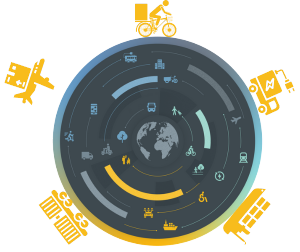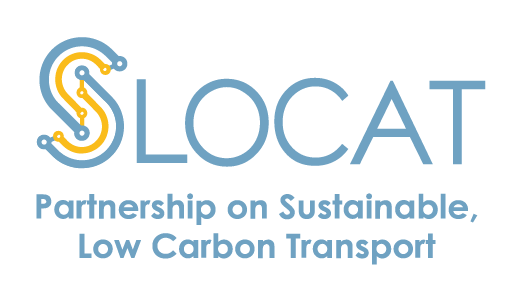-
 Thematic Key Insights: Freight and Logistics
Thematic Key Insights: Freight and Logistics
This document provides an overview of key trends, challenges and opportunities in the intersection between freight transport, climate and sustainability. Recognising the essential role of freight transport in sustainable trade and development, it aims to shed a light on the data, knowledge, policy and finance needs to further strengthen freight systems that efficiently combine different low-carbon modes, share capacities and rely on sustainable first and last mile delivery.
The freight transport findings of the GSR 3rd edition compiled here show that the integration of the different low- carbon transport freight modes has not yet been sufficiently achieved in most regions; with Africa, Asia and Latin America and the Caribbean heavily relying on road freight. First and last-mile delivery is far from being sustainable, with traffic congestion and air pollution being aggravated by the still limited existence of targets, regulations and standards for mid- and heavy-duty vehicles. Policies and finance to raise the efficiency of low-carbon freight transport modes are not being implemented at the required scale and private sector stakeholders are mainly responding to global trends and external shocks.
The less attention that freight transport often receives compared to passenger transport needs to be corrected if we want to optimise the crucial role that freight transport and logistics can play in achieving decarbonised and equitable economies by mid-century, in alignment with the targets of the Paris Agreement on Climate Change and the Sustainable Development Goals.
Produced in coorperation with the


